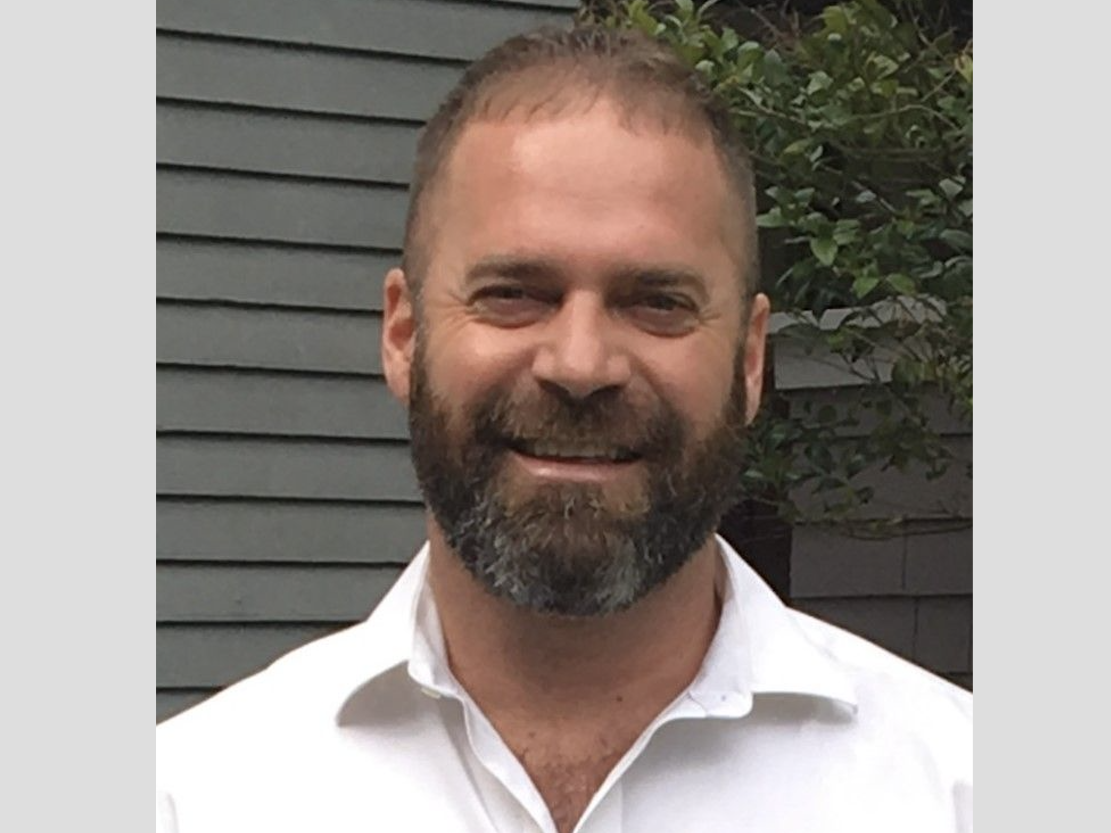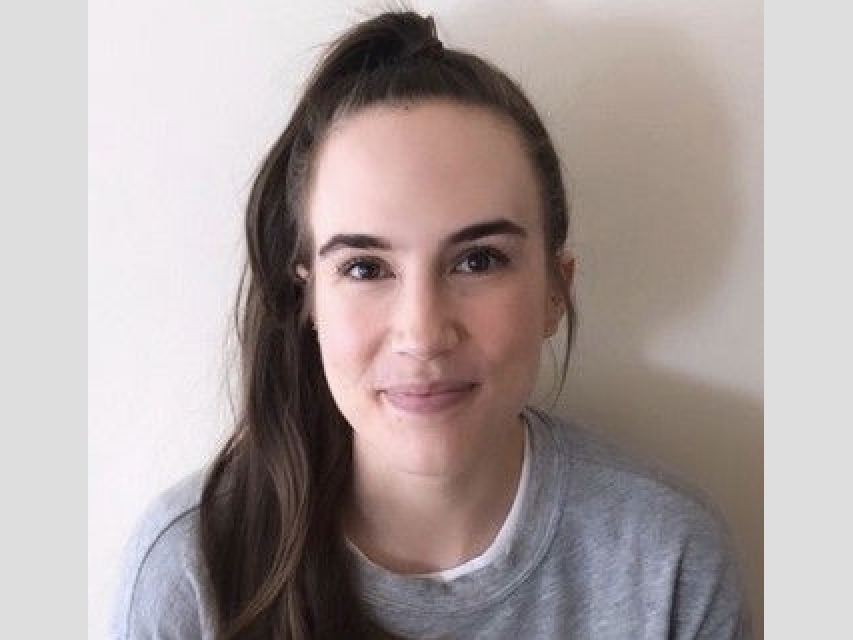June 07, 2021 12:00PM
With the passing of Bill C-7, the legislative guidelines around Medical Assistance in Dying (MAiD) in Canada have changed. It's important health care providers be aware of these changes as they impact the care of clients living with chronic pain.
In this free webinar recording, staff from the Assisted Dying Program at Vancouver Coastal Health review the MAiD process in relation to these new changes, reflect on how these changes align with personal values, and share information on the available resources and supports.

Dirk Coetsee, MBChB, MD, CCFP
After graduating from Stellenbosch University in South Africa, Dirk moved to Scotland where he completed his General Practitioner training (MRCGP). He relocated to Canada in 2016. His current clinical time is split between working as a GP in an inner city practice, providing care to marginalized and complex patients, and serving as a MAiD provider. He was recently appointed as the Medical Director for the Assisted Dying Program for Vancouver Coastal Health (VCH) and also holds a teaching affiliation with the University of British Columbia. Dirk’s aim is to ensure equitable access to care for MAiD patients by providing education, support and follow-up to medical staff, and to ensure that the Assisted Dying Program continues to be aligned with the core values of VCH.

Amanda Stewart, RN BSN, CHPCN (C)
As a nationally certified hospice and palliative care nurse, Amanda has spent most of her career in acute palliative care and hospice settings. Most recently, she was the IPACE Mentor for the VGH Hospitalist Medicine Program, working on a pilot project to promote the Serious Illness Conversation Guide and the integration of multidisciplinary goals of care conversations into admission workflows. In this current role, Amanda has been building connections across Vancouver Coastal Health, has updated and created education materials and resources, and has initiated multidisciplinary education programs across different regions and communities of care within the health authority. Amanda’s aim is to continue promoting a palliative approach to care, as well as collaborative and informed decision-making between health care teams and those they care for, especially in the context of assisted dying and end-of-life care.